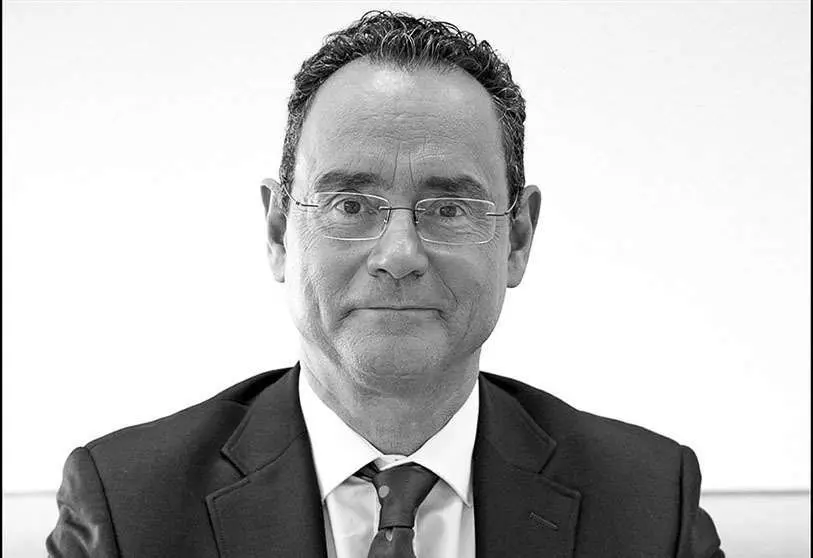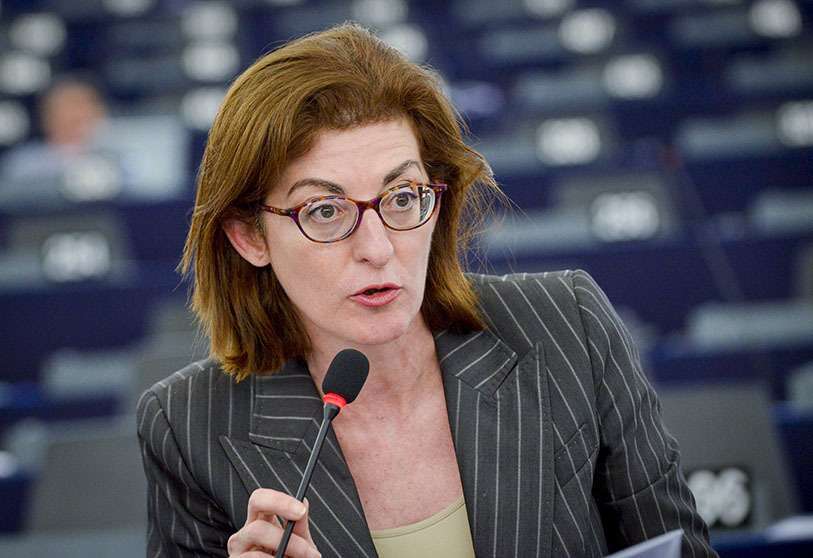Pedro Baños: "Islam is more than a religion, it is a political project "

"Fanaticism is older than Islam, than Christianity, than Judaism. Older than any state, government or political system. Older than any ideology or creed in the world. Unfortunately, fanaticism is an ever-present component of human nature, an evil gene, if you will. These words used by the writer Amos Oz in his book 'Against Fanaticism', collected by UPYD-ALDE MEP Maite Pagazaurtundúa Ruiz in the 'Black and White Book of Terrorism in Europe'. This issue has been analysed this Monday in the second programme of the second season of Atalayar on Capital Radio.
The beginning of the trial against the alleged accomplices of the terrorists who committed the attacks in 2015 against the satirical magazine Charlie Hebdo, but also against the Jewish supermarket Hyper Cacher in Paris and a municipal police force in the south of the capital have been the focus of international attention over the last week. Fourteen defendants have been put on the stand: ten in provisional detention, one released under judicial control and three others, including Coulibaly's partner, Hayat Boumeddiene, in search and arrest warrants. The defendants face sentences ranging from ten or twenty years in prison to life imprisonment.
Maite Pagaza, a member of the Citizens' Party, analysed the phenomenon of Islamist terrorism in the second programme of the second season of Atalayar on Capital Radio, where she was accompanied by the expert in world geopolitics, Pedro Baños, and the director of the magazine Atalayar, Javier Fernández Arribas. "The sentences they are being asked to serve are very high. We are talking about very aggravated levels of complicity. This trial is part of the reparation that society needs", explained MEP Pagaza during her speech on this programme. "Although such a process revives memory, it also lays the foundations for reparation on the personal side," she added.
Maite Pagaza also explained that "trials of terrorism and crimes of this kind have two parts. On the one hand, specific individuals are attacked. But, on the other hand, it is an attack on freedom in a system of the rule of law". This trial-for the UPyD MEP-is "a trial by fire", particularly after the satirical weekly Charlie Hebdo republished the cartoons of Mohammed for which he became the target of Jihadists in 2006.
The analyst Pedro Baños considers the publication of this cover to be a way of "exacerbating the mood". "We have to understand that the world is much more complex. Here we enter the realm of faith. And when we enter this area we completely lose our rationality," he stressed. "We must be aware of the risk we are creating for ourselves and the society in which we are immersed because, of course, the risks can be maximum. To publish the cartoons again seems to me to be a foolish exercise", he stressed. "This situation stirs up many negative feelings in many Muslims, especially those who are more fanatical, radical or more Salafist. We risk another major attack on European soil," he stressed.
For her part, Maite Pagaza, MEP for Citizens' Affairs, believes that Western society "has a series of values and laws". "We have judges and when we think there is an excess of the use of satire or freedom of expression, there are channels that are determined to establish what is acceptable or where there is abuse", she reiterated. "What I am not prepared to accept is that fanatics or essentialists dictate to us in our countries whether or not we can exercise our freedom. We cannot fall into their logic, because otherwise we are subordinating our freedom of conscience to essentialists. Of course, in anti-terrorist policy there are other things we have to do, which are very important as well," she clarified during his speech.
"The problem I see in the Western world is that we think we are the navel of the world and we think that our way of thinking is what everyone should have, when we are only a small minority. These were the words used by the analyst Pedro Baños to explain that, although for us freedom of expression is one of our fundamental pillars, it does not mean that it is for others. "We have to open our minds and be aware that there are other people who are willing to die for it. We are talking about faith and absolute irrationality," he stressed. However, Maite Pagaza insisted that "as Europeans we have the right to be able to live by the rules we have set and not by the rules set by others who have a world view that has terms of ideological demonism".
In this part of Atalayar's programme, Pedro Baños stated that the fact that the Muslim population in France is constantly increasing has led Macron to pass a regulation to prohibit imams from a number of Muslim countries from entering France from 2024. "Many people have not yet realised that Islam is more than a religion. Islam is a political project," he said.

The Daesh (the Arab acronym for the self-styled Islamic state) has once again increased its threat in Syria or Iraq, according to a report issued by the UN. There are over 10,000 Daesh militants who are still active in Iraq and Syria, two years after the group's caliphate was declared defeated, according to this organisation. MEP Maite Pagaza believes that the situation in the camps where there are refugees must be taken into account. "In the rest of the world, terrorist attacks have not diminished and this situation is very dangerous", she warned, before explaining that in Europe this situation has improved thanks to the anti-terrorist coordination measures taken by the different states. Even so, it should not be forgotten that "the problem of fanaticism is still there, both offline and online". He also explained that the European Parliament is working to obtain a commitment to combat "more effectively" indoctrination in networks.
The French state - Pagaza believes - has suffered the most from fanaticism, both from a symbolic point of view and from a security point of view. "We must not forget that there are countries that are suffering attacks of Jihadist origin every week and that there are many organisations that are also fighting for supremacy among them", he stressed. "The threat is there and we must continue to study new forms of attack, both chemical and ideological, because those who want to carry out terrorist operations are always looking for new ways", he concluded.








